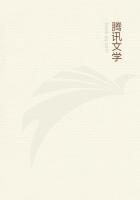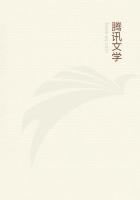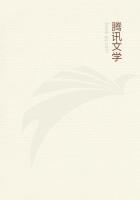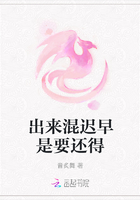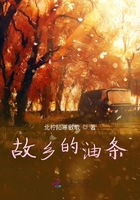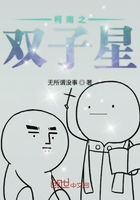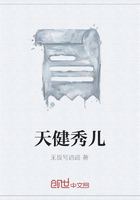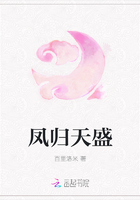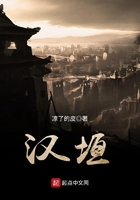That we ought not to he angry with the errors of others If what philosophers say is true, that all men have one principle, as in the case of assent the persuasion that a thing is so, and in the case of dissent the persuasion that a thing is not so, and in the case of a suspense of judgment the persuasion that a thing is uncertain, so also in the case of a movement toward anything the persuasion that a thing is for a man's advantage, and it is impossible to think that one thing is advantageous and to desire another, and to judge one thing to be proper and to move toward another, why then are we angry with the many? "They are thieves and robbers," you may say. What do you mean by thieves and robbers?
"They are mistaken about good and evil." Ought we then to be angry with them, or to pity them? But show them their error, and you will see how they desist from their errors. If they do not see their errors, they have nothing superior to their present opinion.
"Ought not then this robber and this *****erer to be destroyed?" By no means say so, but speak rather in this way: "This man who has been mistaken and deceived about the most important things, and blinded, not in the faculty of vision which distinguishes white and black, but in the faculty which distinguishes good and bad, should we not destroy him?" If you speak thus, you will see how inhuman this is which you say, and that it is just as if you would say, "Ought we not to destroy this blind and deaf man?" But if the greatest harm is the privation of the greatest things, and the greatest thing in every man is the will or choice such as it ought to be, and a man is deprived of this will, why are you also angry with him?
Man, you ought not to be affected contrary to nature by the bad things of another. Pity him rather: drop this readiness to be offended and to hate, and these words which the many utter: "These accursed and odious fellows."
How have you been made so wise at once? and how are you so peevish? Why then are we angry? Is it because we value so much the things of which these men rob us? Do not admire your clothes, and then you will not be angry with the thief. Do not admire the beauty of your wife, and you will not be angry with the *****erer. Learn that a thief and an *****erer have no place in the things which are yours, but in those which belong to others and which are not in your power. If you dismiss these things and consider them as nothing, with whom are you still angry? But so long as you value these things, be angry with yourself rather than with the thief and the *****erer.
Consider the matter thus: you have fine clothes; your neighbor has not: you have a window; you wish to air the clothes. The thief does not know wherein man's good consists, but he thinks that it consists in having fine clothes, the very thing which you also think. Must he not then come and take them away? When you show a cake to greedy persons, and swallow it all yourself, do you expect them not to snatch it from you? Do not provoke them: do not have a window: do not air your clothes. I also lately had an iron lamp placed by the side of my household gods: hearing a noise at the door, I ran down, and found that the lamp had been carried off. I reflected that he who had taken the lamp had done nothing strange. What then? To-morrow, I said, you will find an earthen lamp: for a man only loses that which he has. "I have lost my garment." The reason is that you had a garment. "I have pain in my head." Have you any pain in your horns? Why then are you troubled? for we only lose those things, we have only pains about those things which we possess.
"But the tyrant will chain." What? the leg. "He will take away." What? the neck. What then will he not chain and not take away? the will. This is why the ancients taught the maxim, "Know thyself." Therefore we ought to exercise ourselves in small things and, beginning with them, to proceed to the greater. "I have pain in the head." Do not say, "Alas!" "I have pain in the ear." Do not say, "Alas!" And I do not say that you are not allowed to groan, but do not groan inwardly; and if your slave is slow in bringing a bandage, do not cry out and torment yourself, and say, "Everybody hates me": for who would not hate such a man? For the future, relying on these opinions, walk about upright, free; not trusting to the size of your body, as an athlete, for a man ought not to be invincible in the way that an ass is.
Who then is the invincible? It is he whom none of the things disturb which are independent of the will. Then examining one circumstance after another I observe, as in the case of an athlete; he has come off victorious in the first contest: well then, as to the second? and what if there should be great heat? and what, if it should be at Olympia? And the same I say in this case: if you should throw money in his way, he will despise it. Well, suppose you put a young girl in his way, what then? and what, if it is in the dark? what if it should be a little reputation, or abuse; and what, if it should be praise; and what if it should be death? He is able to overcome all. What then if it be in heat, and what if it is in the rain, and what if he be in a melancholy mood, and what if he be asleep? He will still conquer. This is my invincible athlete.

